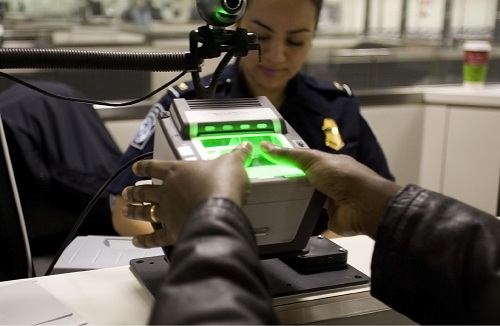Central District Police in Wellington, New Zealand recently began collecting the biometric data of individuals caught driving under the influence, according to a report by Wellington Scoop. The new system enables police officers to confirm the identities of alleged offenders by digitally capturing the fingerprints and photographs of individuals they intend to charge with an offence. The technology compares the biometric data against a database of existing police records then stores the new information for future reference.
Central District Police ensures that it will only use the technology on those drivers who blow over the drink-drive limit – which, starting December 1st, will be lowered from 400mcg of alcohol per litre of breath to 250mcg — in a roadside breath test or commit an alleged offence for which they can be summoned. Additionally, police will only collect biometric information from people they intend to charge with an offence.
In June, police ran a successful trial of the system in the Wellington “booze bus”. By the end of this month, all 21 Wellington “booze buses” will be equipped with the technology. “This new technology has improved the way we use existing legislation and it will help Police protect communities by getting the most high-risk drivers off the roads faster,” said Inspector Dave White, Central District road policing manager. “Identifying high-risk drivers and recidivist drink-drivers at the roadside means alleged offenders can be charged appropriately from the outset and less time is spent making follow-up investigations to confirm a driver’s identify if false details are provided.”








